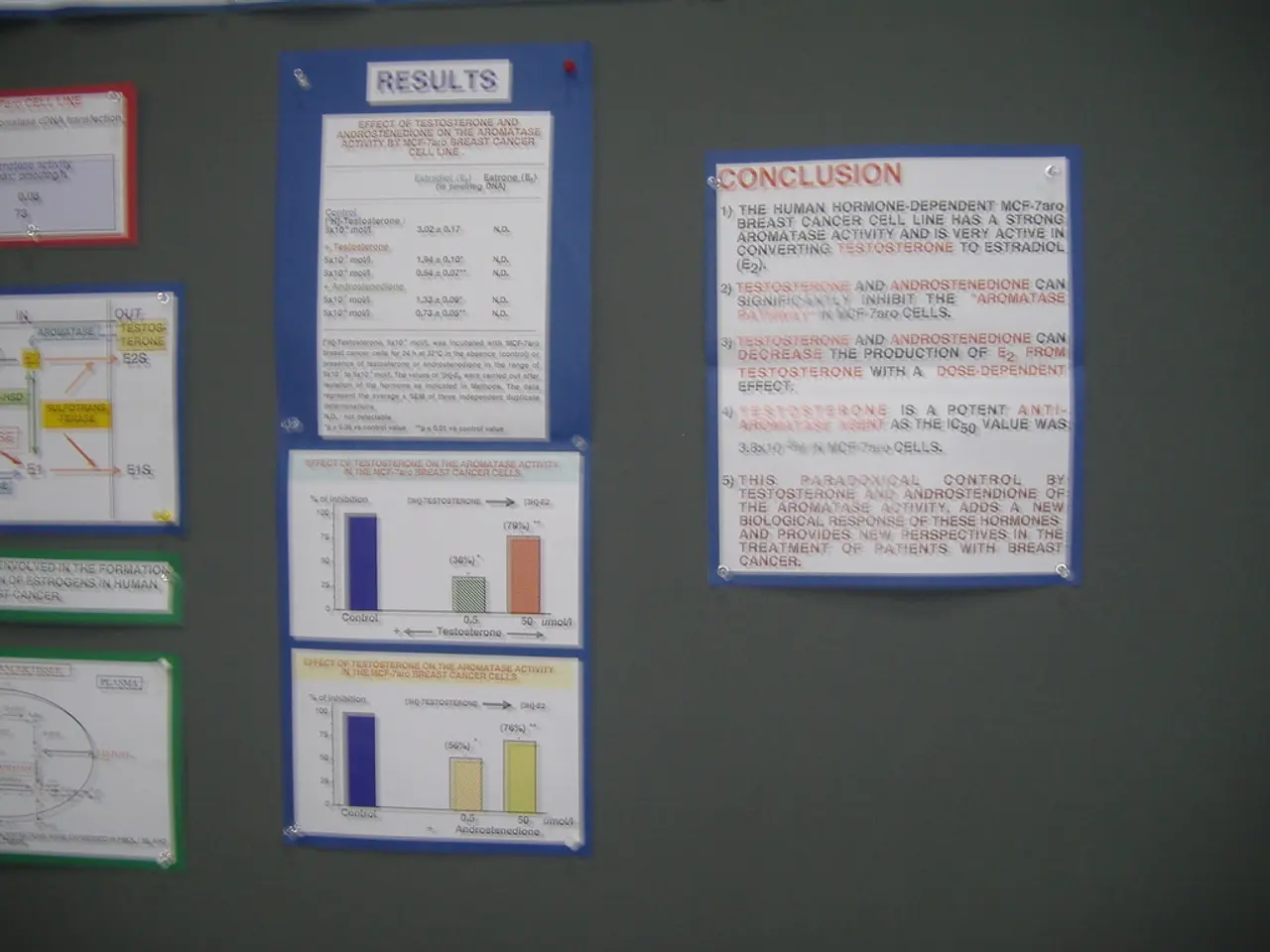Clarification of the English Law 'Account of Profits' remedy established
UK Supreme Court Sets Strict "Bright Line" Test for Fiduciary Profits
The UK Supreme Court has established a strict "bright line" test for the application of the account-of-profits rule in cases involving unauthorized profits made by fiduciaries. This ruling, made in the case of Rukhadze v Recovery Partners GP Limited, sets a precedent for the strict application of the duty to account for unauthorized profits made by fiduciaries.
The decision underscores the high standard of "single-minded loyalty" expected of fiduciaries such as directors and trustees. According to the test, any profit made by a fiduciary through their position, without proper authorization, must be accounted for regardless of whether the fiduciary’s conduct was honest or whether the principal suffered any loss.
In the Rukhadze case, three former directors or other fiduciaries of a company that provided asset recovery services breached their duties by deliberately bad-mouthing the company to win a lucrative business opportunity with a potential client after parting ways with the company in 2012. As a result, they earned net profits of $179 million.
The High Court allowed an equitable allowance of 25% for the defendants' work and skill but awarded the remainder ($134 million plus interest) to the claimant. On appeal, the Court of Appeal rejected the defendants' argument that a "but for" causation test should be applied. The Supreme Court unanimously concurred that the "but for" causation test should not be applied in the account-of-profits rule and remedy.
The "bright line" test means:
- Fiduciaries cannot retain any profit obtained from their position without clear authority or consent from the principal.
- The test does not depend on whether the fiduciary’s conduct was fair or the principal was harmed.
- The remedy of an account of profits applies as a strict consequence of the fiduciary making an unauthorized gain.
- This applies even if the fiduciary benefits from information or opportunities gained through their appointment, whether during or after the term of appointment.
This ruling reaffirms the strictness and clarity of the account-of-profits rule in English fiduciary law, signaling a definitive standard for future cases involving unauthorized profits by fiduciaries. Fiduciaries must seek explicit authority to exploit any opportunity arising from their position to avoid the remedy of disgorging profits.
Traditional defences, such as the argument that the profits would have been made regardless of the fiduciary appointment, will not be considered in the application of the duty to account. Under the current law, any profit or benefit accrued by individual directors or trustees as a result of their fiduciary role is automatically considered to be the property of the company or trust. If unauthorized profits are made that are sufficiently connected to the fiduciary relationship, the principal is entitled to recovery of those profits regardless of whether the principal could have made the profits if the fiduciary did not or the fiduciary could have made the profit without a breach of duty.
In light of this ruling, company directors, trustees, and other fiduciaries should be aware of the consequences of benefiting from information or opportunities gained via their appointments. They must act with single-minded loyalty toward their principals (or beneficiaries) and must account to those principals or beneficiaries for any profits made from the relationship, unless the principal has given their informed consent to the profits being retained.
The ruling in the case of Rukhadze v Recovery Partners GP Limited highlights that any profit made by a fiduciary, such as directors or trustees, through their business deals, must be accounted for in the finance industry, regardless of honesty or harm caused to the principal. This strict "bright line" test established by the UK Supreme Court applies regardless of whether the profit was made during or after the term of appointment, indicating the need for explicit authorization for fiduciaries to exploit opportunities arising from their industry position to avoid the remedy of disgorging profits.




